I was shocked by the wide range of choices available when I first began researching smart home devices. How do you even know where to start when there are so many options? I'm here to assist you in narrowing it down because of this! There are affordable smart home gadgets for beginners that won't break the bank, whether your goal is to use your voice to manage your kitchen appliances, automate your lights, or safeguard your house. I've tested a lot of these gadgets, and now I'll list some of the greatest ones I've found and explain how they may turn your house into a smart retreat.
Affordable Smart Home Gadgets For Beginners
What Makes a Smart Home Smart?
Before we start the list, let's take a moment to talk about what makes a home device "smart." Basically, a smart home appliance is one that is connected to the internet and can be operated remotely, typically via voice commands or an app on your phone. These devices save energy, facilitate daily routines, and at times even improve security.
Key Takeaways
- Smart home appliances may make your house safer, save time, and simplify chores.
- You don't have to buy pricey gadgets to get started because there are many cheap ways available.
- Voice assistants and smartphone applications are two ways to operate devices.
- By gradually adding more gadgets, you can quickly create a smart home system at your own speed.
1. Getting Started: Affordable Smart Home Gadgets for Beginners
The first thing I discovered when I started searching for smart devices was that you don't have to buy a whole system at once. You can begin with a small number of essential devices and grow as necessary. I've personally tried and suggested these "Low-Cost Smart Home Appliances for novices.
Read also: Top 5 Windows 10 Gadgets 2024
2. Smart Speakers and Voice Assistants
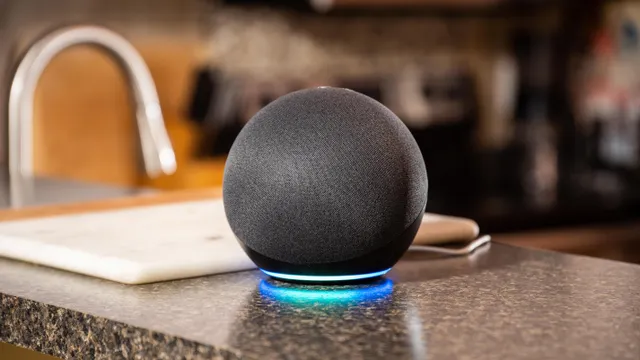
A voice assistant was the first device I ever bought for my smart home setup. Affordable devices that are ideal for managing other smart devices are the Google Nest Mini and the Amazon Echo. I adore how simple it is to ask Google Assistant or Alexa to play music, turn off the lights, or check the weather.
Benefits:
- Starting point that's reasonably priced (typically under $50)
- Manages more smart devices.
- Convenience with voice activation.
3. Smart Light Bulbs
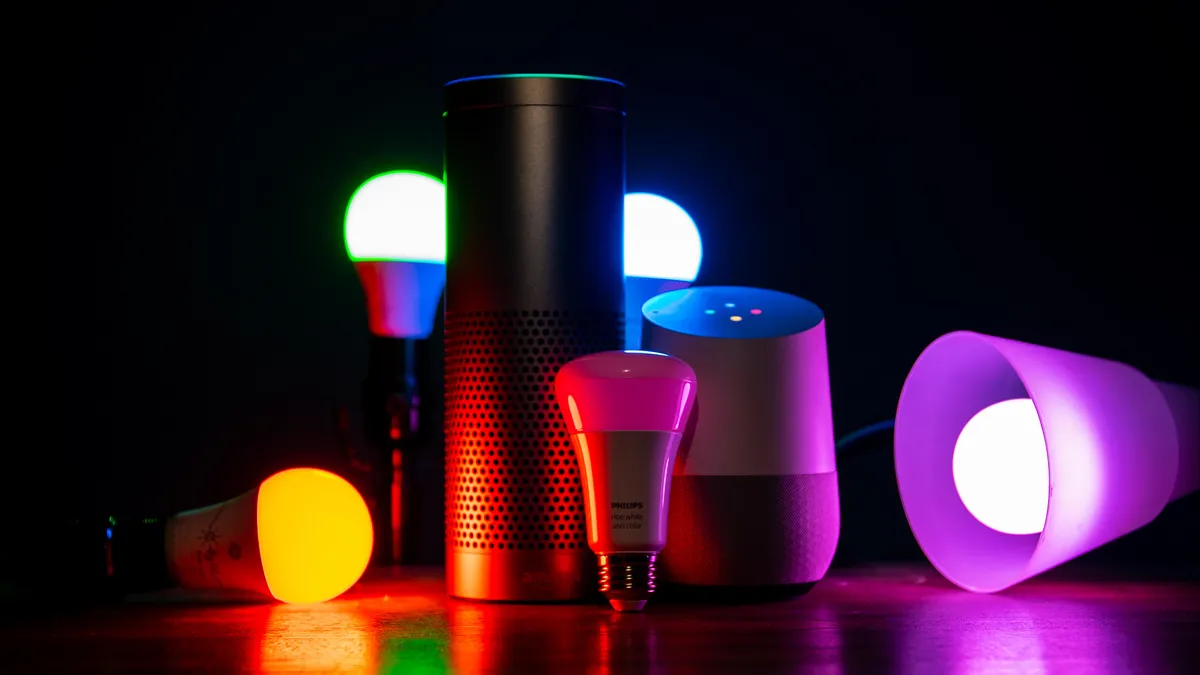
Smart lighting, which was among the simplest changes I made, is the next item on my list. The Philips Hue smart lights were my first choice. I can dim the lights, alter the colors, and switch them on and off from anywhere by using my phone or voice assistant to manage these bulbs.
Best affordable options:
- Wyze Bulbs (less than $10 per bulb, making them affordable)
- Philips Hue White and Color Ambiance (more features, somewhat more expensive)
Why I love them:
- energy-efficient
- Adaptable lighting
- Simple to use and set up
4. The top 10 smart home devices every beginner should consider.
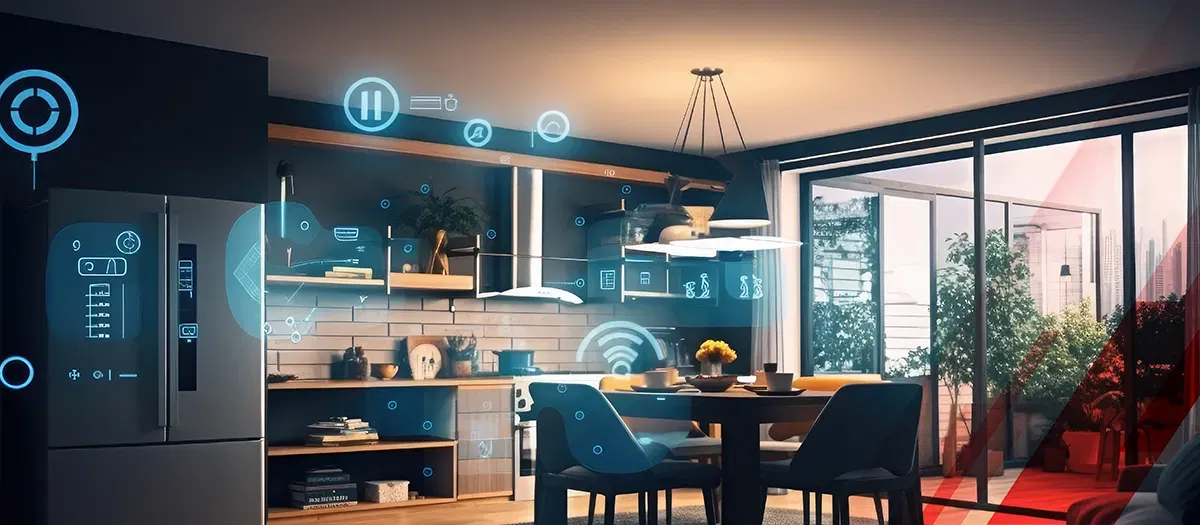
The top ten smart home appliances that I personally think are practical and simple to install are listed below:
- Amazon's Echo Dot—voice access for your home.
- Google Home Mini: Small and powerful voice assistance
- Wyze Camera: Affordable indoor CCTV cameras
- Hue Smart Bulbs from Philips: Control of smart lights
- Kasa Smart Plug by TP-Link: Use your phone to operate appliances.
- The Wyze is Lock: A cheap smart lock that increases security
- A Nest thermostat by Google—smart thermostat that uses less energy
- The iRobot Roomba 675: Low-cost smart vacuum
- The Ring Digital Doorbell: Keep an eye on your front entry from anywhere.
- System of SimpliSafe Security: Home security that is simple to setup
5. Affordable smart home gadgets for the kitchen.
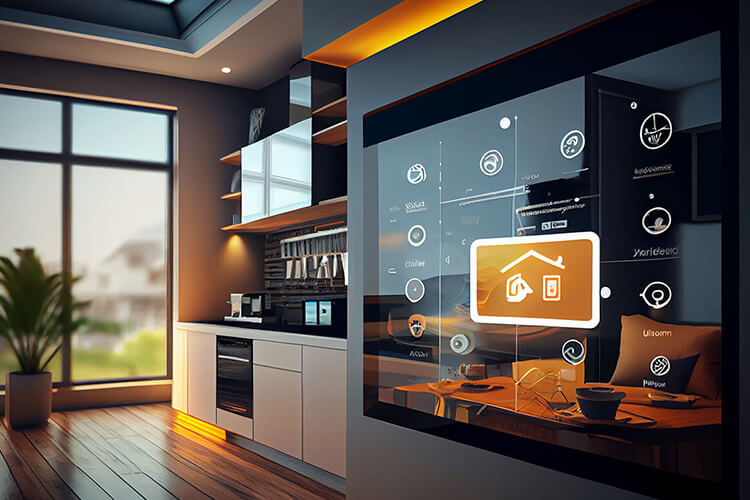
Smart home technology, in my opinion, isn't only about lighting and security; it can also greatly simplify life in the kitchen. Here are some smart kitchen and household appliances that I adore:
Read also: Top 15 tech Gadgets in 2024
6. Smart Plugs for Kitchen Appliances
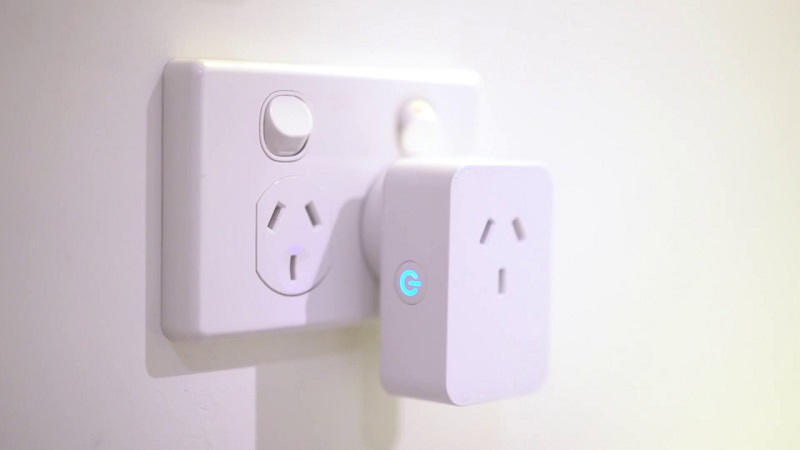
In my kitchen, I use the TP-Link Kasa Smart Plug to operate my toaster oven, slow cooker, and coffee makers. I can switch them on or off without getting up from the couch by simply tapping my phone.
Why it’s great:
- Simple to assemble
- Reasonably priced (about $15 per plug)
- reduces energy consumption by turning off the electricity when not in use.
7. Smart Ovens and Air Fries
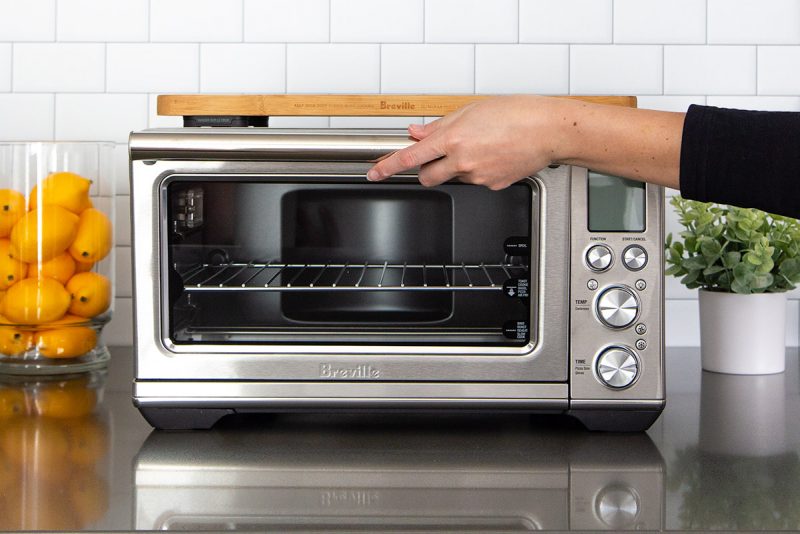
I upgraded my oven as the next stage in my smart kitchen adventure. If you want the convenience of a smart appliance that can bake, broil, and steam, the Tovala Smart Oven is a fantastic option. It even integrates with food delivery providers, which simplifies the preparation process.
8. Security Devices: Keeping Your Home Safe
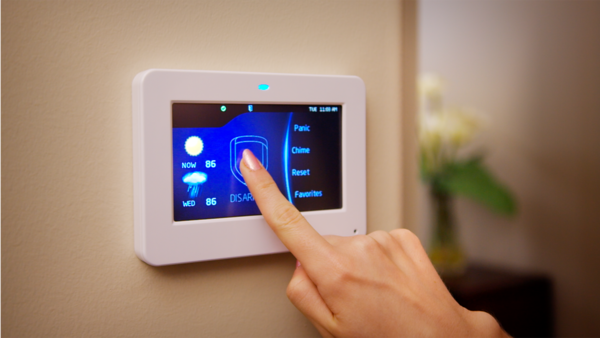
I decided it was time to consider security after setting up my voice assistant and smart lights. It has never been simpler to add a layer of protection to your house thanks to cheap solutions.
9. Indoor and Outdoor Cameras

The Wyze Cam was my first choice for interior surveillance. It offers two-way talk, night vision, and HD video for less than $40. I suggest the Blink Outdoor Camera for the outdoors because it is totally wireless and breathable.
Features I like:
- Alerts for motion detection
- Two-way audio
- Options for cloud storage
10. Smart Doorbells
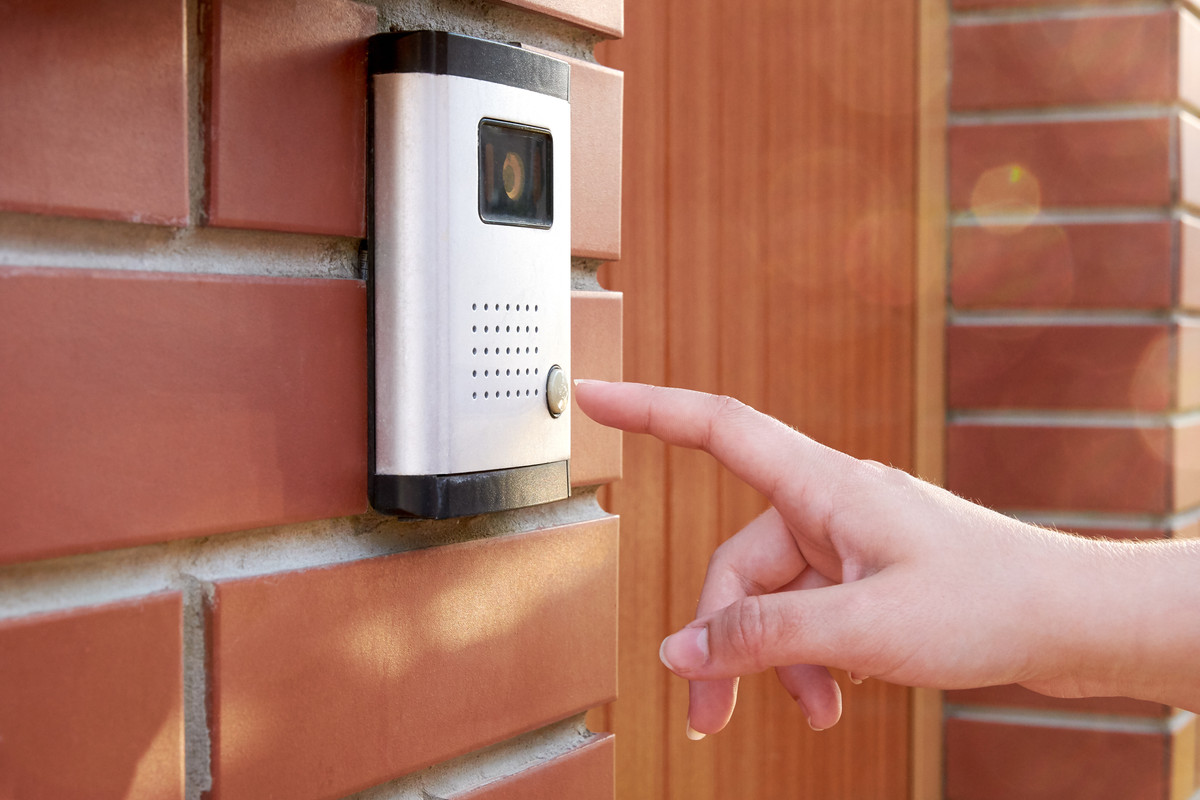
I also included a Ring video doorbell in my setup. I can see who is at my door from wherever, thanks to motion detection and a live video stream. In addition, it helps me feel at ease while I'm not at home.
Read also: Best Truck Canopies: A Guide for Truck Owner
11. Creating a budget-friendly smart home system.
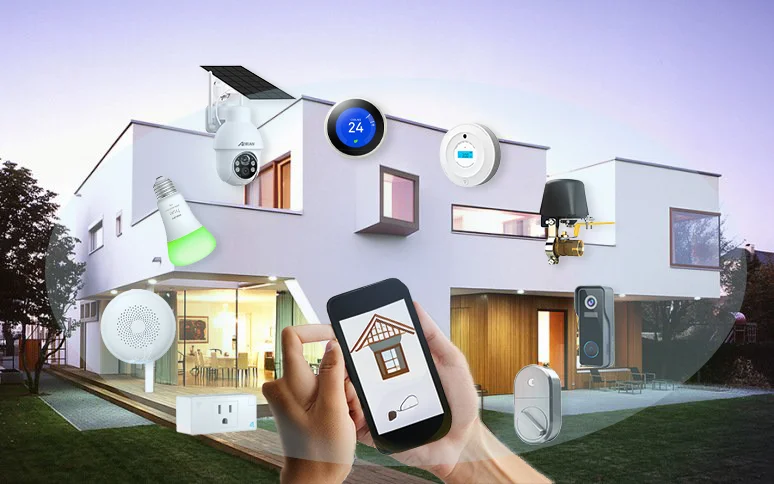
It is possible to construct a smart house one gadget at a time, which is precisely what I did. It's not necessary to purchase everything at once. As your budget permits, gradually increase your collection from a small number of reasonably priced devices.
12. Integrating devices with a hub
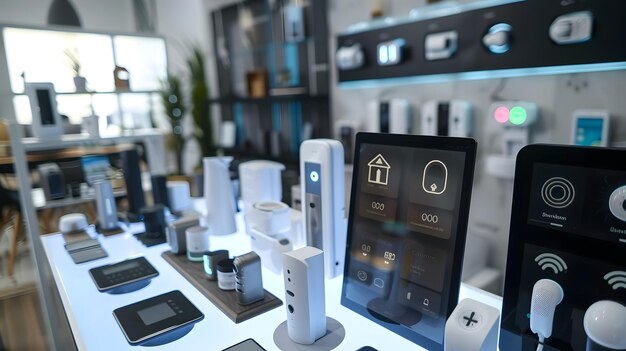
I discovered that it was a little difficult to manage all of the smart gadgets I had installed in my house from various applications. I thus invested in a smart hub, such as the Samsung SmartThings Hub, which enables me to manage everything from a single location. It's an excellent way to manage several devices.
13. Smart gadgets for home entertainment
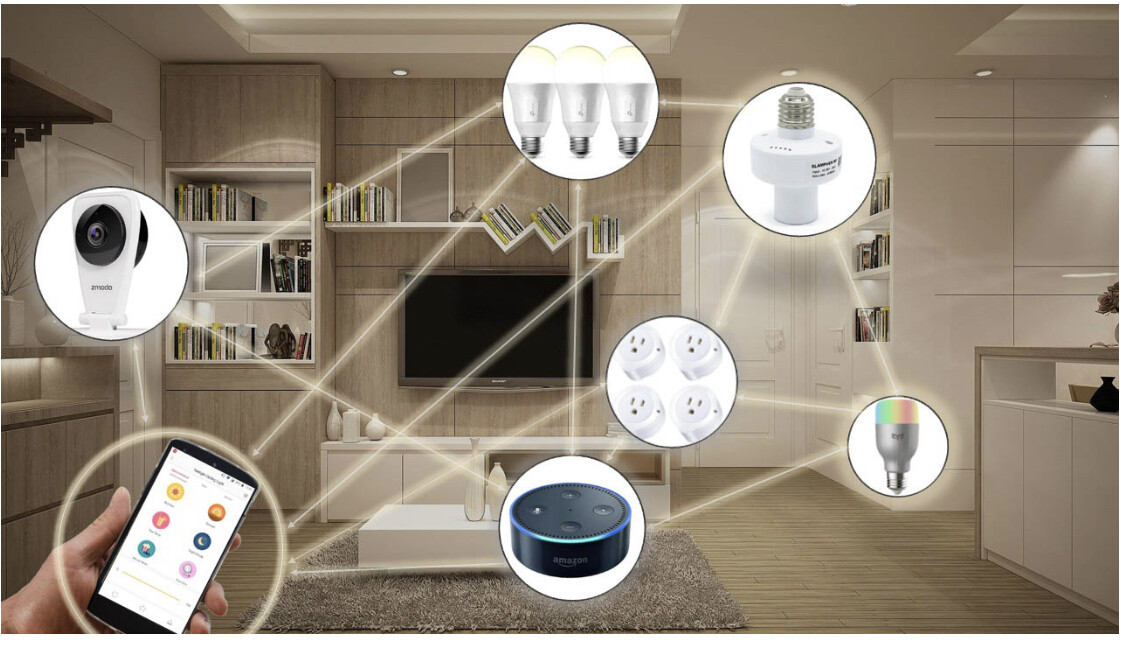
Smart devices may improve your entertainment experience in addition to providing security and convenience. I was able to operate my smart TV and streaming services using voice commands after connecting it to my Amazon Echo Dot.
14. Smart Speakers for a Better Sound Experience
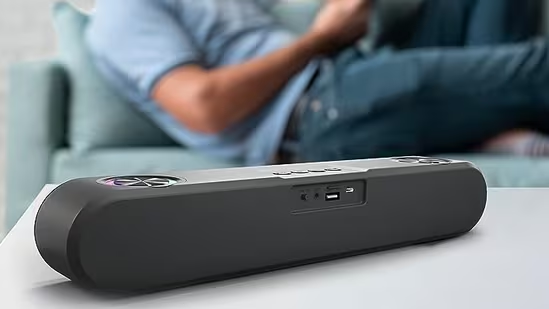
Investing in smart speakers like the Sonos One can significantly improve your listening experience if you share my passion for music and podcasts. These speakers may be synchronized around your home and produce excellent sound.
Conclusion
Keep in mind that you may start small and grow your system gradually while designing your smart home. I've found that adding a few gadgets may significantly enhance your house management. The options are unlimited, whether you start with kitchen appliances, security, or smart lighting. What's the best part?
To make it happen, you don't need to invest a fortune. I suggest starting with the inexpensive smart home devices I've included in this post if you're a newbie. They are worth the money because they are easy to use and expandable to meet your needs and budget.
FAQ's: Affordable Smart Home Gadgets For Beginners
Can smart homes work without internet?
Without the internet, smart switches, smart lighting, and other smart home appliances that are linked to a local hub (such as Z-Wave or Zigbee) will continue to function. Because these devices don't depend on the cloud for routine operations, your smart home may continue to function normally even if your Wi-Fi decides to take a break.
How do you start making your home a smart home?
- Install Smart Security System.
- Choose Your Smart Device Ecosystem.
- Establish smart home lighting.
- Turn Every Outlet into a Smart Outlet.
- Installing smart speakers.
- Installing smart locks.
- Install smoke detectors.
- Install a smart thermostat.
What are the disadvantages of smart homes?
Technology installed in smart houses enables communication with other smart devices and gives the homeowner greater control over their surroundings. Although they are easy, customizable, and energy-efficient, smart homes have drawbacks, include high costs and reliance on the internet.
Does smart home save money?
Additionally, it might assist you in controlling and lowering your energy usage. Energy-saving measures that are customized to your unique living requirements are carried out automatically by smart home energy management systems.

